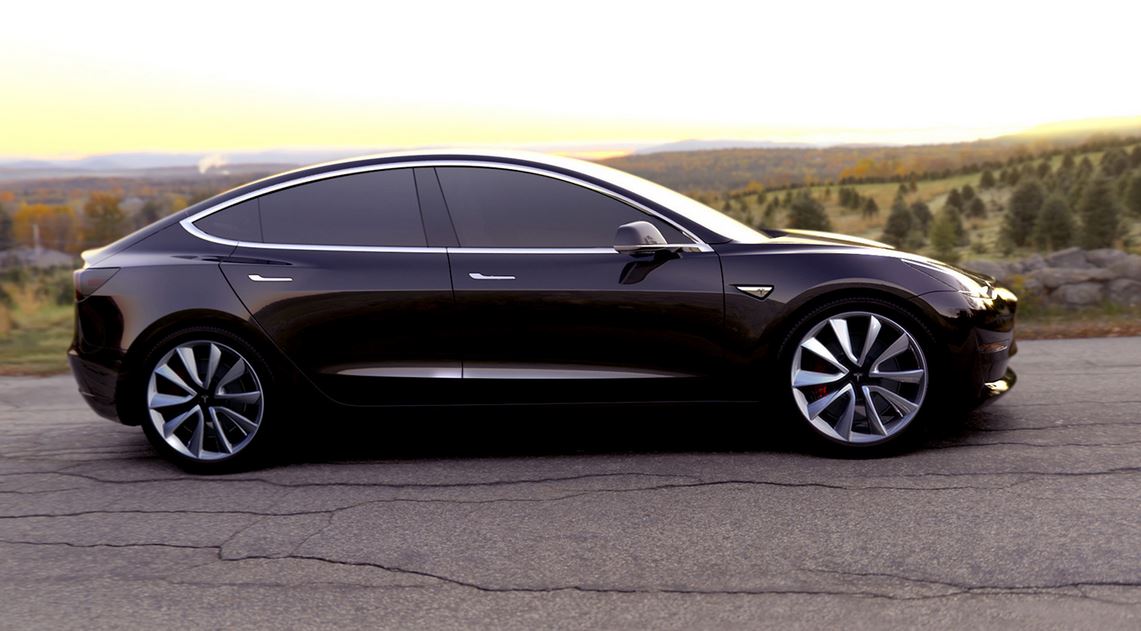
“Adios Gas-Powered Cars”
“The typical American male devotes more than 1,000 hours a year to his car”, so wrote the Austrian philosopher Ivan Illich way back in 1974.
“The typical American male devotes more than 1,000 hours a year to his car”, so wrote the Austrian philosopher Ivan Illich way back in 1974.
In the decades that have followed, the American love affair with the automobile has never wavered.
Indeed, the US shale gas industry and Canadian tar sands industries may be on their knees due to the oil price plunge, but American drivers are loving the resulting lower gas prices.
As today’s Financial Times reports “judged solely by their recent driving habits, Americans have responded to the drop in oil prices with enthusiasm.” The paper points out that “Sales of sports utility vehicles surged in 2015, helping to push total car sales to an all-time high of 17.5 million, as drivers covered a record 3.2 trillion miles.”
So it is safe to say that the love affair with the automobile is as strong as ever – even SUVs – despite climate change delivering record temperatures. There remains a disconnect between people knowing about climate change and changing their driving habits.
So how do you get consumers to change?
For those of us who have written about the car and oil industry, one of the biggest frustrations has been the effective monopoly and collusion between the two industries.
A quarter of a century ago I worked on a report for Greenpeace entitled “The Environmental Impact of the Car”. In the report we looked at the power car lobby. The report stated “car firms are linked, nationally and internationally, with like-minded bodies and government departments with interests in road-building, oil trucking and motorists”.
The report examined the whole cradle to grave impact of the car from the resource costs of making cars to the air pollution and climate change caused by driving.
Twenty five years later, those concerns have only got more acute.
As worries about climate change have increased it would have been great if the car manufacturers had responded by manufacturing cutting edge clean-fuel vehicles. This does not negate the environmental impact of the car, but certainly reduces it.
But the car manufacturers have always put profit over principles.
I remember having a meeting with Volvo in the mid-nineties and they talked about their LCP 2000 vehicle , which did some 80-100 mpg to the gallon. I asked why they were not moving the LCP into production and then marketing them. The reply was simple. There was “no demand”. The simple response was “well if no one knows about them, of course there is no demand!!”
The bottom line is that there is more money in gas-guzzling vehicles – SUV’s – than anything else.
Yes, the car giants have dabbled with electric vehicles over the last decade, but their bread and butter remains the internal combustion engine. Essentially the cosy club and monopoly shared between the oil and car industries was never going to be broken.
Or if it was, it was going to be an outsider. A tech billionaire.
And maybe that is finally happening. And the man responsible is Elon Musk. When Tesla announced pre-orders of its Model 3 electric vehicle at the end of last week it said it had some 200,000 pre-orders. By the end of the weekend that stood at 276,000.
The pre-launch has taken everyone in the industry by shock.
As one commentator put it: “It is – by a long shot – the fastest growing customer order book in the history of the automobile industry … This, of course, represents a massive disruption to several industries that have dominated world economies and politics over recent decades. The big one is obviously the oil industry, but the whole nature of the auto industry is also being tipped on its head”.
It would be foolish to see Tesla’s move into the mainstream electric market as the end of the internal combustion engine. Just look at the figures: Some 275,000 pre-orders compared to 17.5 million SUVs.
But it may just be the beginning of the end.
It is worth remembering that most best selling cars in America, such as the Honda Accord or Nissan Altima, generally sell 300,000 every year. Tesla saw 276,000 in two days.
“We’ve never seen anything quite like this in the auto industry,” argues Jessica Caldwell, a senior analyst at Edmunds.com. “It is unprecedented.” Forbes calls the car a “game changer.”
One Barclays analyst responded to the annoucment by saying: “Adios gas-powered cars.”
What was once unthinkable is becoming thinkable. India wants all cars to be electric by 2030. Norway – a big producer – wants to do the same. The Nertherlands has said it too wants to ban petrol cars by that date.
And another unthinkable thing has also happened this month. The biggest oil producer of them all, Saudi Arabia “is getting ready for the twilight of the oil age by creating the world’s largest sovereign wealth fund for the kingdom’s most prized assets.”
The Kingdom’s Public Investment Fund, which will eventually control more than $2 trillion, will help “wean the kingdom off oil”.
Times certainly are a changing.

